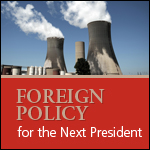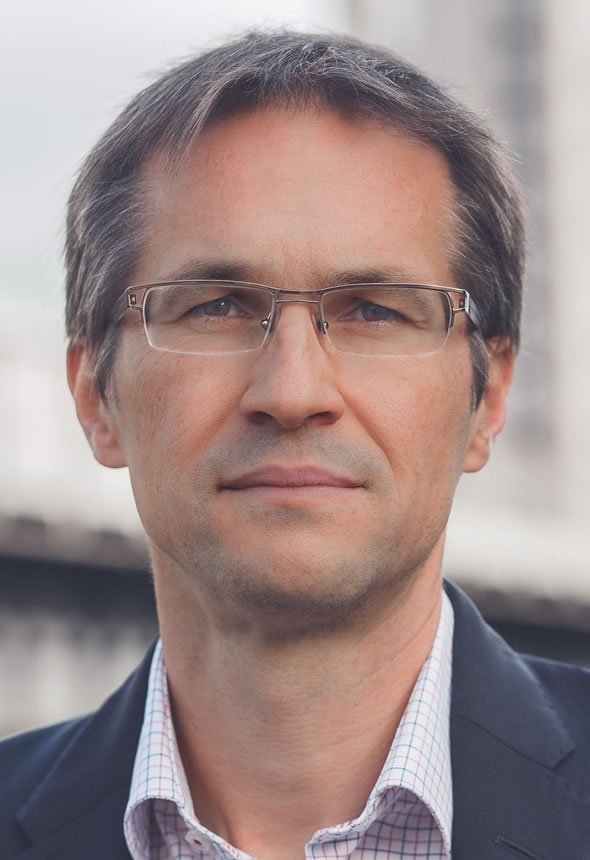Despite considerable challenges, the CPTPP countries and the EU recognize the need for collective action.
Barbara Weisel
{
"authors": [
"Sharon Squassoni"
],
"type": "other",
"centerAffiliationAll": "dc",
"centers": [
"Carnegie Endowment for International Peace"
],
"collections": [],
"englishNewsletterAll": "",
"nonEnglishNewsletterAll": "",
"primaryCenter": "Carnegie Endowment for International Peace",
"programAffiliation": "NPP",
"programs": [
"Nuclear Policy"
],
"projects": [],
"regions": [],
"topics": [
"Climate Change",
"Foreign Policy",
"Nuclear Policy",
"Nuclear Energy"
]
}
Source: Getty
Despite talk of a renaissance, nuclear power will account for a declining percentage of global electricity generation without aggressive financial support and significant policy changes. Before committing to a rapid expansion of nuclear energy, the next U.S. administration must address critical questions about the feasibility and safety of that expansion, and act to minimize proliferation risks.
Despite talk of a renaissance, nuclear power will account for a declining percentage of global electricity generation without aggressive financial support and significant policy changes. Before committing to a rapid expansion of nuclear energy, the next U.S. administration must address critical questions about the feasibility and safety of nuclear expansion, and act to minimize current proliferation risks, concludes a new report by Sharon Squassoni.
The Limits of Nuclear Energy:
About the Author
Sharon Squassoni is a senior associate in the Nonproliferation Program. Her research focuses on nuclear nonproliferation and national security. Before joining Carnegie, she served fourteen years in the Congressional Research Service, State Department, and Arms Control and Disarmament Agency.
Carnegie does not take institutional positions on public policy issues; the views represented herein are those of the author(s) and do not necessarily reflect the views of Carnegie, its staff, or its trustees.
Despite considerable challenges, the CPTPP countries and the EU recognize the need for collective action.

Barbara Weisel
France has stopped clinging to notions of being a great power and is embracing the middle power moment. But Emmanuel Macron has his work cut out if he is to secure his country’s global standing before his term in office ends.

Rym Momtaz
How significant are statements by senior U.S. officials about supporting democracy abroad in the context of a foreign policy led by a president focused on near-term transactional interests?


Thomas Carothers, McKenzie Carrier
Despite offering security benefits to candidates and the EU alike, the enlargement agenda appears stalled. Why is progress not being made, and is it time for Europe to rethink its approach?


Sylvie Goulard, Gerald Knaus
Disillusioned with the West over Gaza, Arab countries are not only trading more with Russia; they are also more willing to criticize Kyiv.

Ruslan Suleymanov